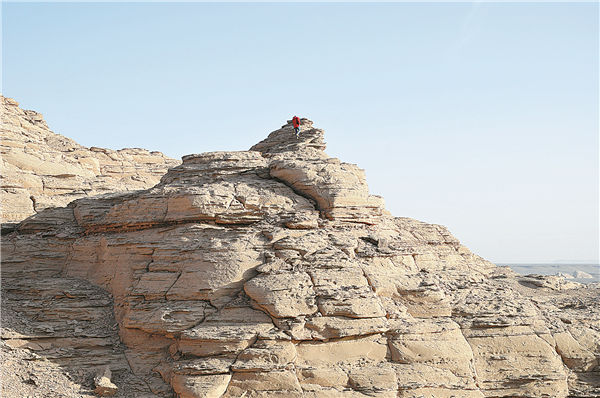

Domestic travel services are looking to tap into China's lucrative sci-fi market by developing out-of-this-world holiday experiences, Xu Lin reports.
Xie Jixiao, 22, loves to watch rocket launches and record the excitement of such events with his camera. Despite living in Beijing, he's a frequent visitor to Wenchang Satellite Launch Center in Hainan province.
Although spectators are usually around 3 to 5 kilometers away from the launch platform, when the rocket ignites, he feels the ground shaking and the roar is so loud that it is as if he is standing next to it.
"It feels so close. Each time I watch a rocket launch, it is sci-fi made real, and I often burst into tears due to excitement, even though I've watched many times," says Xie.
"It's the best patriotic education. I think it shows our great national strength."
Once he watched a nighttime rocket launch and was overwhelmed by the scene of the heavy clouds being lit up by the roaring rocket.
Xie became a full-time aerospace photographer when he graduated from university last year. He's also a core member of SpaceLens, a group of young photographers, mostly university students, who like to record China's rocket launches in photos and videos.
Like him, there is a greater number of Chinese travelers planning trips to see rocket launches.
Also, some young spectators like to post photos of unique landforms in China online, claiming that "it's a trip where they can pretend they're on an alien planet". Some even pose for photos at such locations dressed in spacesuits.
